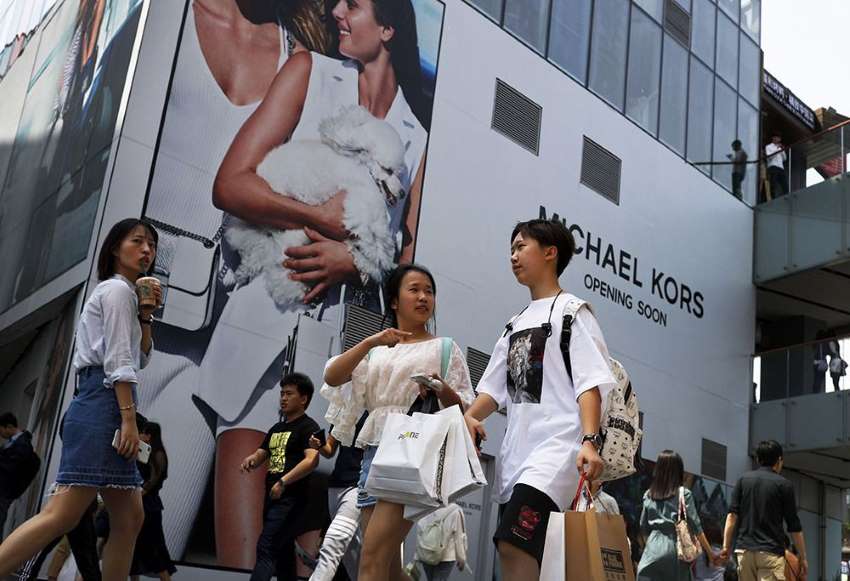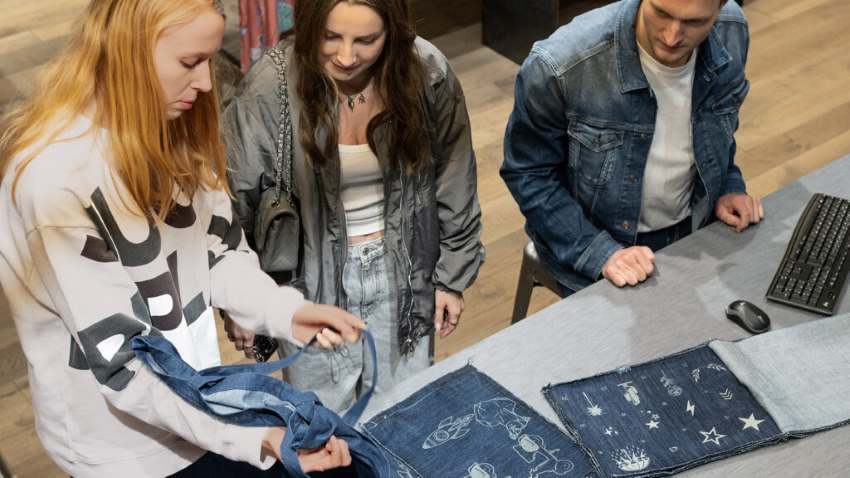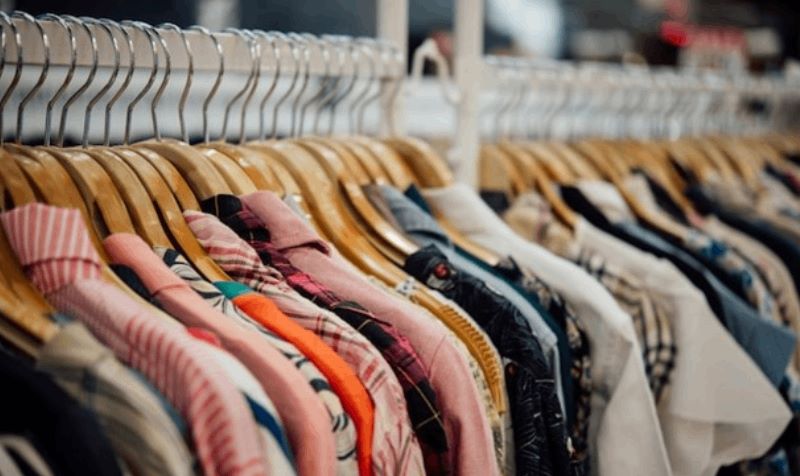 As COVID-19 began disrupting the global fashion industry, retailers responded swiftly by shifting to digital e-commerce channels. Most brands and retailers have changed course over the last several months. As per an article in thezoereport, Lisa Aiken, Buying Director, Moda Operandi shifted her working style. Once working from all across the globe, she currently operates digitally from Paris. Though enjoying this shift, Aiken misses the physical connection with products and people from across the globe.
As COVID-19 began disrupting the global fashion industry, retailers responded swiftly by shifting to digital e-commerce channels. Most brands and retailers have changed course over the last several months. As per an article in thezoereport, Lisa Aiken, Buying Director, Moda Operandi shifted her working style. Once working from all across the globe, she currently operates digitally from Paris. Though enjoying this shift, Aiken misses the physical connection with products and people from across the globe.
Designers also experienced major adjustment during this period. Alonso Rojas, Owner of her namesake label was compelled to cancel production due to lack of orders. Instead she focused on preventing additional costs from products that wouldn’t sell if any of her retailer partners close.
Similarly, Amy Smilovic, Owner, Tibi, postponed her pre-fall orders from May to July to ensure products arrive in stores at the time when customers need them. The designer also limited the size of her collection and the number of stores she works with. She further also plans to curtail the size of her Spring 2021 collection.
them. The designer also limited the size of her collection and the number of stores she works with. She further also plans to curtail the size of her Spring 2021 collection.
Revamping the fashion calendar
The Council of Fashion Designers of America and the British Fashion Council have also urged designers to focus on two main collections per year. The decision has been welcomed by many designers like Alonso Rojas. Since the beginning of the quarantine Rojas has been producing only two seasons annually. She’s also times her collections strategically to ensure their availability when demand rises.
Following suit is Tibi, which plans to launch only two major collections every year. These collections will be augmented by a series of smaller capsules. Aiken’s opines these changes need to be implemented mutually by the retailers and designers. She advises retailers to reevaluate their deliveries, markdown strategies, and much more to align with a slowed down calendar.
Perfect time to go solo
The ongoing financial troubles of department stores are impacting profit margins of brands like Tibi who are neither being able to adhere to the 90-day payment terms nor give margin guarantees. According to Rojas, it is important for brands to admit to the need to change their working styles. She advises her retail partners to embrace the new normal and new business models in order to grow together.
Telsha Anderson, Owner, t.a expects shoppers to be more inspired to look inwards. It’s the perfect time for brands like hers to open independent boutiques while shoppers need to research about the designers and brands they buy clothes from and the media outlets which inform them about the latest collections launched in the market.
Towards a more inclusive future
Retailers are preparing for more inclusive and equitable fashion industry in future. Moda Operandi plans to partner 30+Black-owned brands or Black designers and reserve 15 percent of its trunk shows for Black designers. Tibi also plans to support Black creatives by offering retail space within their store to Black designers on a weekly basis. The brand has connecting with its fans through two ongoing Instagram live series while Rojas has been donating products and raising money to support organizations for women and girls of color.
Rojas feels, one of the biggest takeaways from the current crisis is simply learning to slow down and be a little more patient. She believes it’s important for brands to remain mentally fit during this crisis and know their limits. Likewise, Aiken advises brands to explore the power of fashion to spark joy in difficult times.












